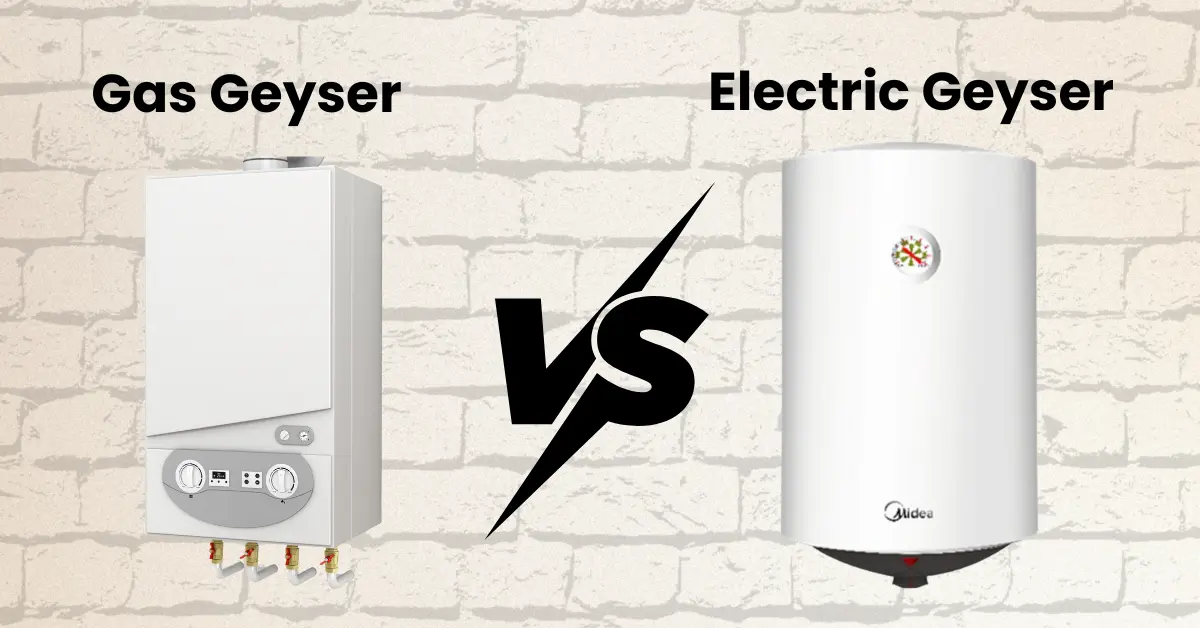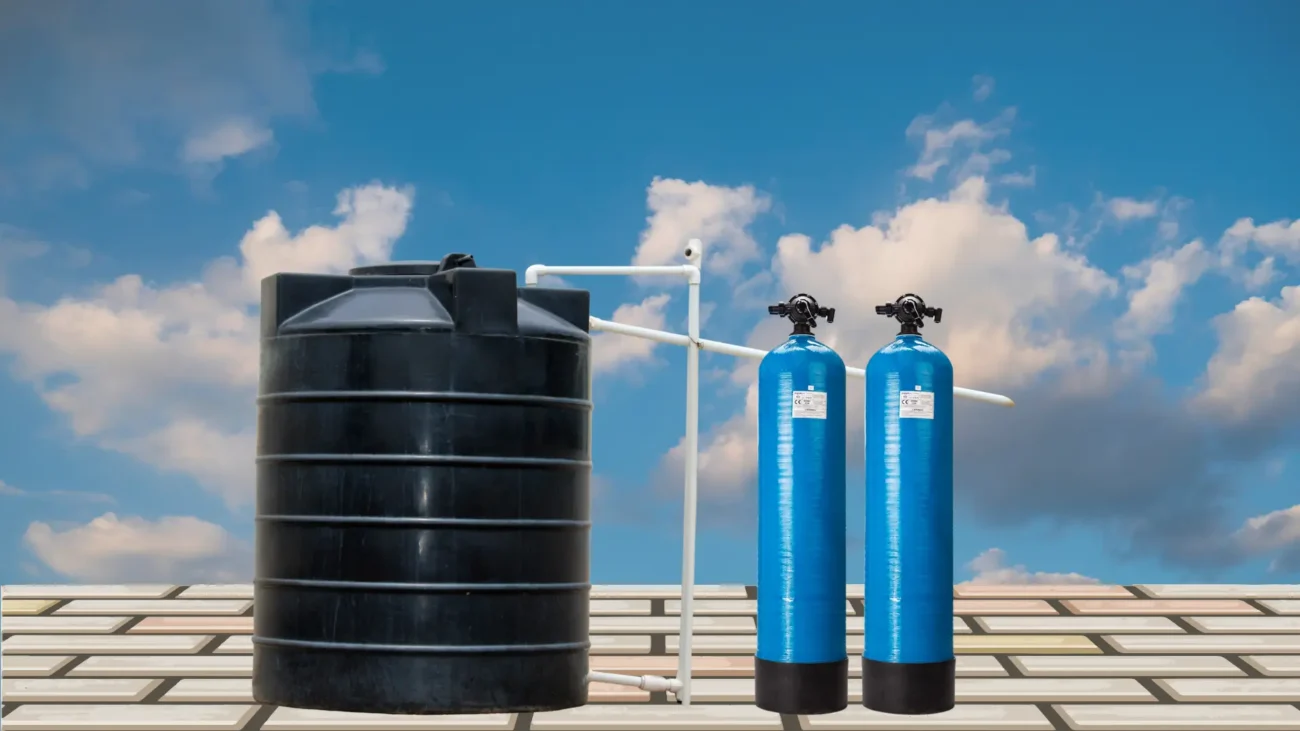Boring Water Filter: An Easy Way to Get Safe and Pure Drinking Water

A basic requirement for good health and well-being is having a supply of safe and clean drinking water. The boring water filter is one of the most effective and economical water filtration techniques available, particularly in places with high groundwater usage. The definition of a boring water filter, its benefits, and the reasons behind its growing use in water treatment systems are all covered in this article.
What is a Boring Water Filter?
A boring water filter is a type of filtering system used to purify water from wells or tube wells. Bored into the earth to reach underground water, these wells frequently provide water contaminated with sediments, organic matter, and microbes. To make sure that the water is suitable for use in homes or businesses, the boring water filter is designed to particularly remove these impurities.
How Does a Water Treatment Plant Work?
The basic principle behind a boring water filter is to remove impurities and contaminants from groundwater both chemically and physically. Many layers of filtering medium, such as sand, gravel, and activated charcoal, are usually used in the process. These medium, which adsorb chemicals and trap suspended particulates, are circulated through water. To further remove germs and pathogens, some advanced membrane technology or extremely fine screens are used.
Important Elements of a Filter for Boring Water
- Sand, silt, and rust are examples of tiny particles that are captured by a sediment filter.
- The layer of activated carbon absorbs undesirable smells, insecticides, and chlorine.
- Smaller suspended particles are eliminated using fine filter media.
- Chemical or UV treatment is an optional disinfection method used to get rid of biological pollutants.
Advantages of Boring Water Filters
- Cost-effective: These water filters are less expensive and require less maintenance than intricate water purifying systems.
- Easy to Use: The installation and maintenance require very little technical expertise.
- Sustainable: It makes use of natural filtering materials due to which it often uses little to no energy.
- Enhances Water Quality: By eliminating organic matter and suspended particles, this process greatly enhances flavor, odor, and clarity.
- Customizable: The design can be changed to take into account the amount and quality of available groundwater.
Applications of Reverse Osmosis Filter
In residential and rural locations where borehole water is prevalent, water filtration is a frequent practice. They are perfect for:
- It is used for purification of household drinking water.
- It is applied in irrigating agricultural land to shield crops from polluted water.
- It is required in small businesses in need of clean water intake.
In order to guarantee safe, pure water from wells and boreholes, installing a water filter is essential. Many consumers around the world continue to choose it because of its ease of use, affordability, and efficacy. Purchasing a boring water filter can significantly enhance water quality, safeguard human health, and support sustainable water management.











